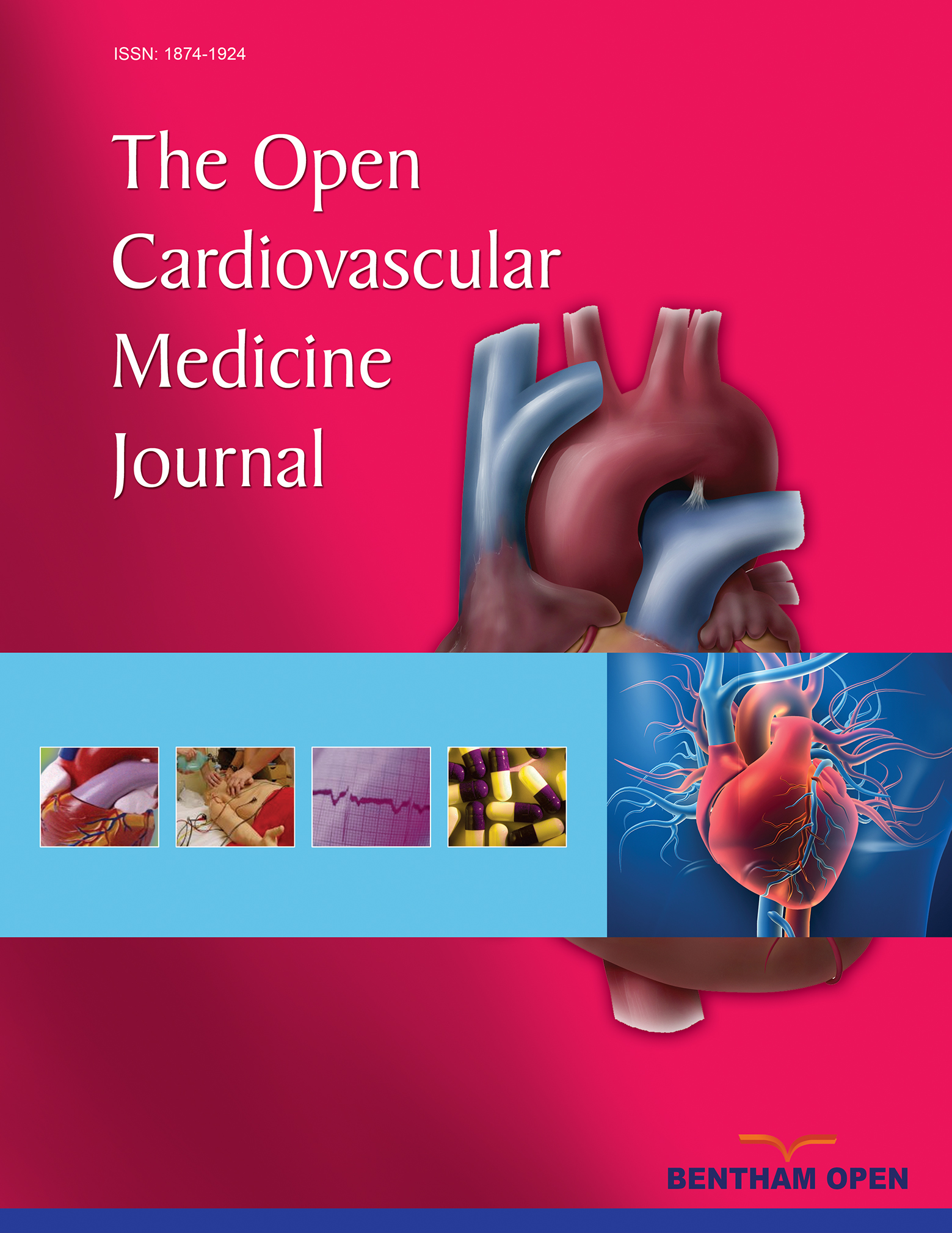All published articles of this journal are available on ScienceDirect.
Cannabinoid Receptor 2 Deficiency in Haematopoietic cells Aggravates Early Atherosclerosis in LDL Receptor Deficient Mice
Abstract
Objective:
The cannabinoid receptor 2 (CB2) has been implicated to play a role in various inflammatory processes. Since atherosclerosis is currently considered a chronic inflammatory disease, we studied the effect of haematopoietic CB2 deficiency on atherosclerosis development.
Methods and results:
To investigate the effect of CB2 deficiency in immune cells on atherogenesis in vivo, a bone marrow transplantation was performed in irradiated LDL receptor deficient mice (LDLr-/-), using CB2 deficient (CB2-/-) or wildtype (WT) donor mice. After 12 weeks on a high fat-high cholesterol diet, en face analysis showed that atherosclerosis in the aortic arch was significantly increased in CB2-/- transplanted animals (6.40 ± 3.21%) as compared to WT transplanted mice (3.85 ± 1.61%). Although the total lesion area in the aortic root was not significantly different between WT and CB2-/- transplanted mice (0.45 ± 0.13 mm2 and 0.51 ± 0.17 mm2, respectively), CB2-/- transplanted mice showed a significantly larger plaque area (0.13 ± 0.07 mm2) than WT transplanted mice (0.08 ± 0.05 mm2) in the aortic valve in which atherogenesis is in an earlier stage than in the other aortic valves.
Conclusions:
Lack of endocannabinoid signaling via the CB2 receptor aggravates early atherosclerosis development in LDLr-/- mice, suggesting that CB2 specific activation may prevent the development of atherosclerosis.


